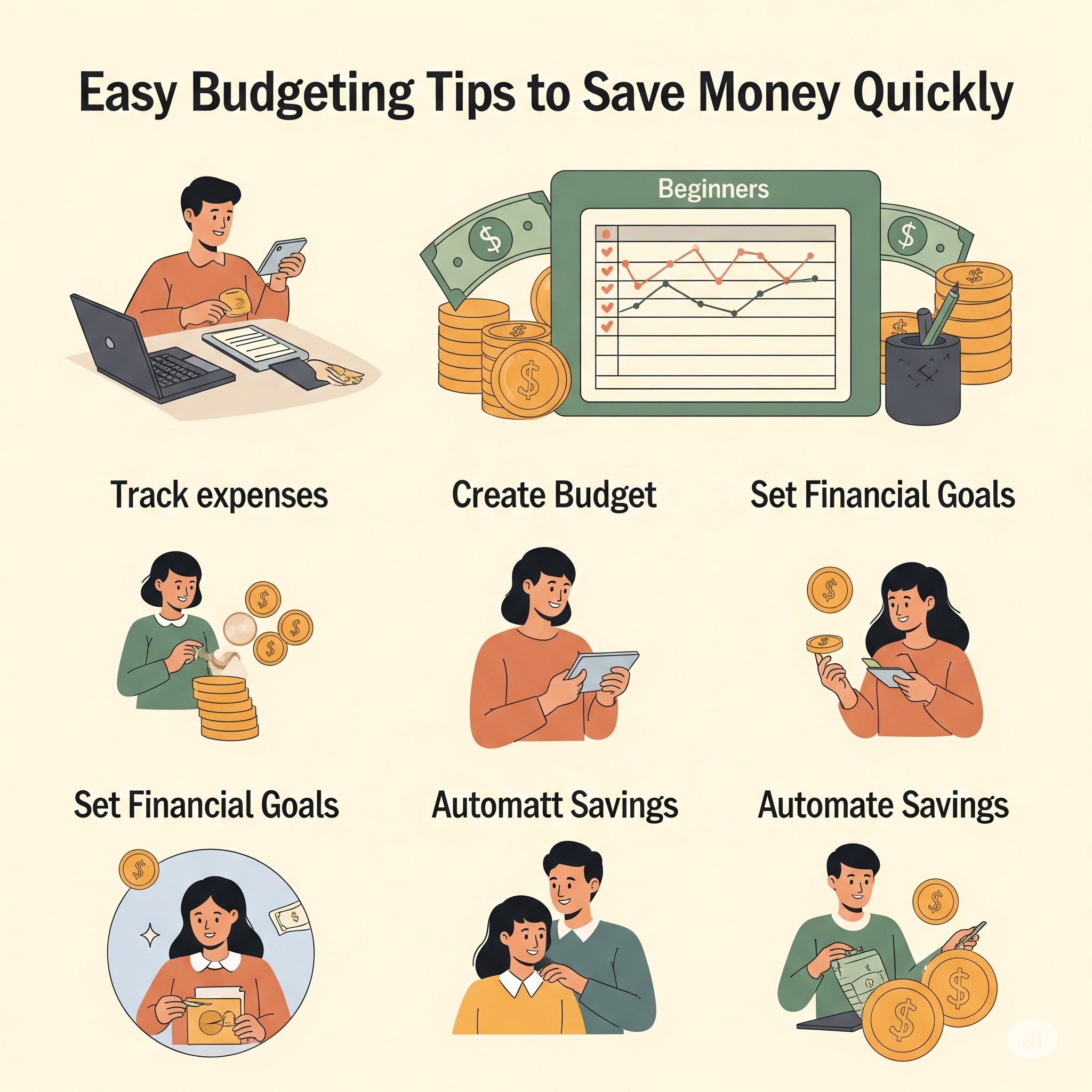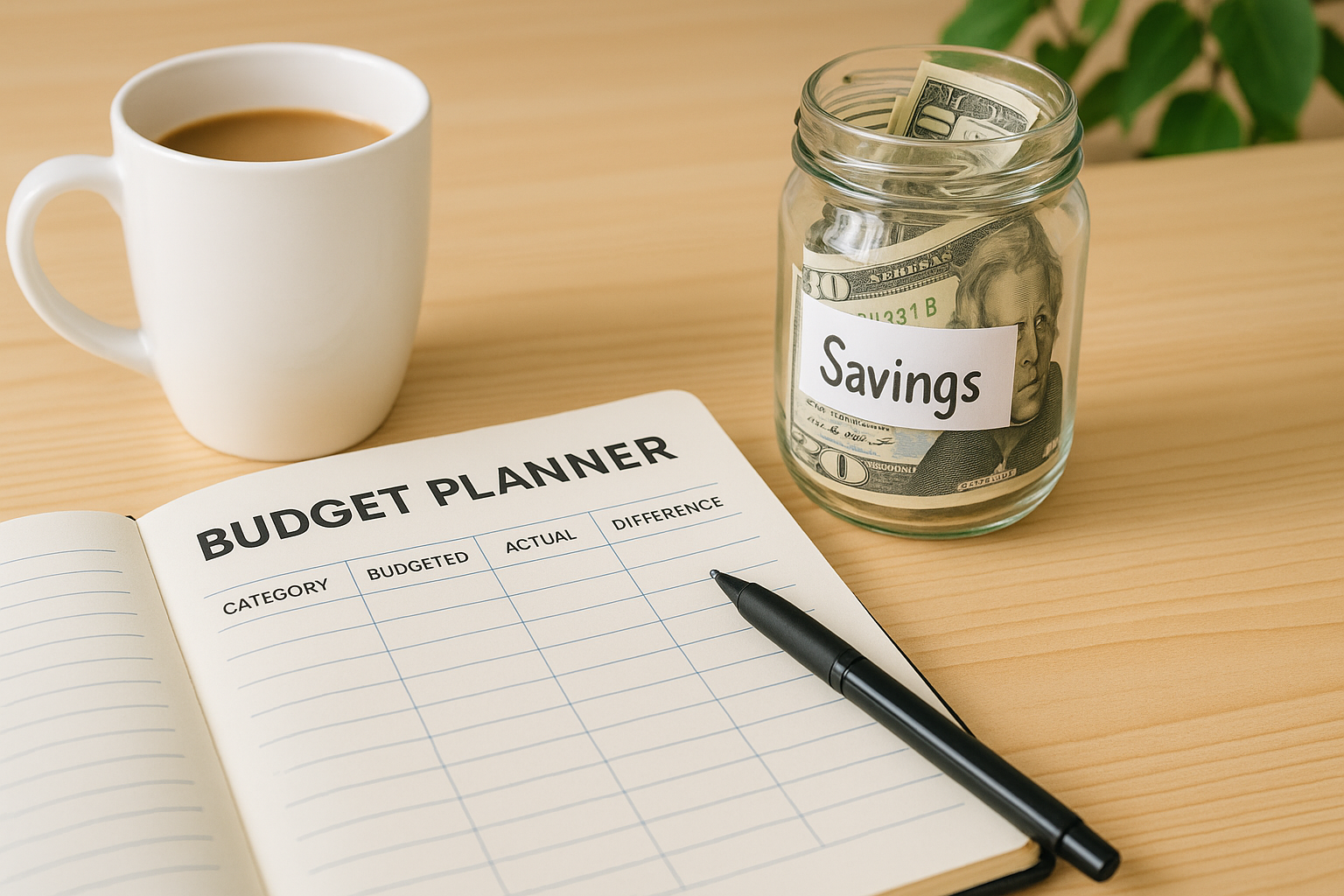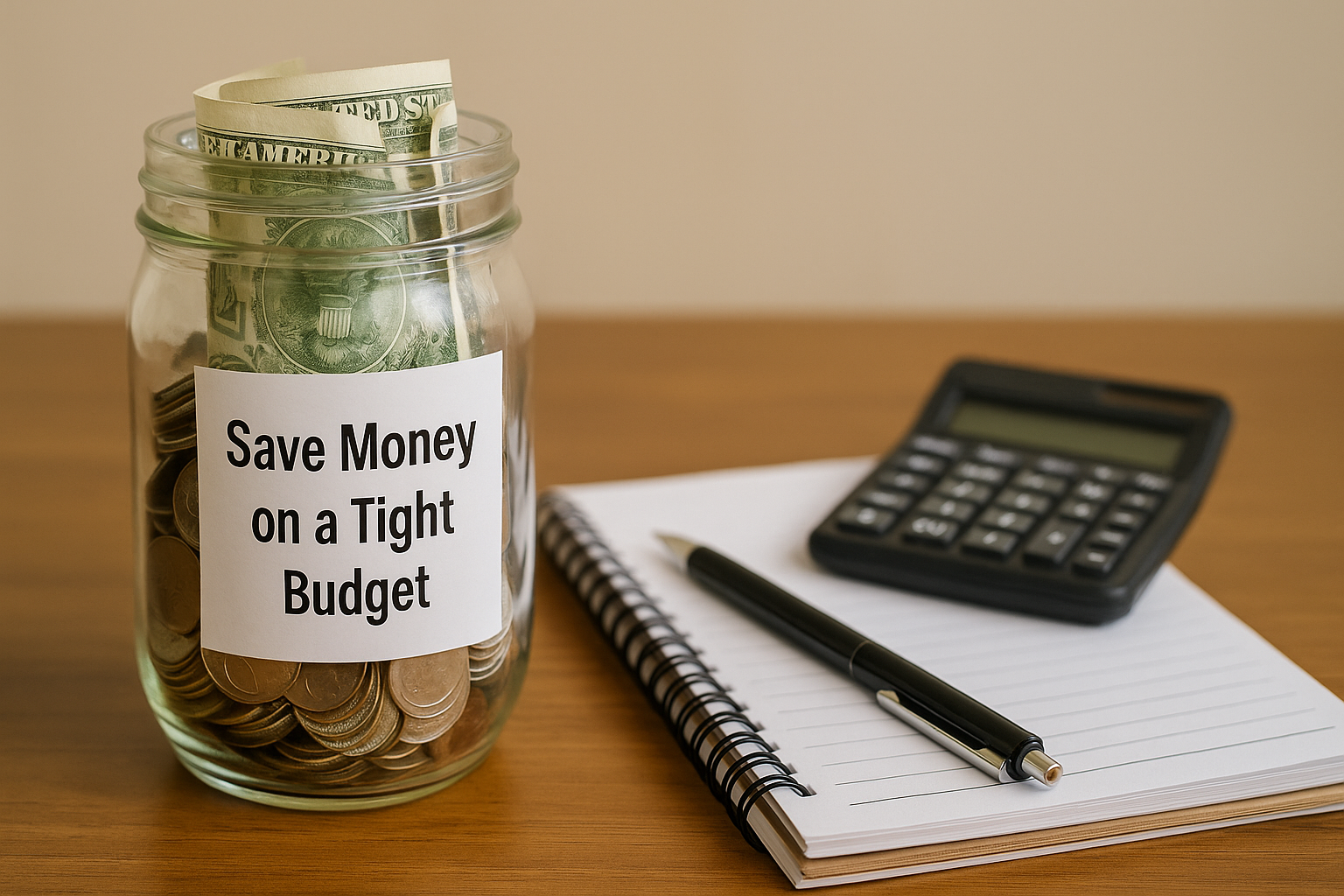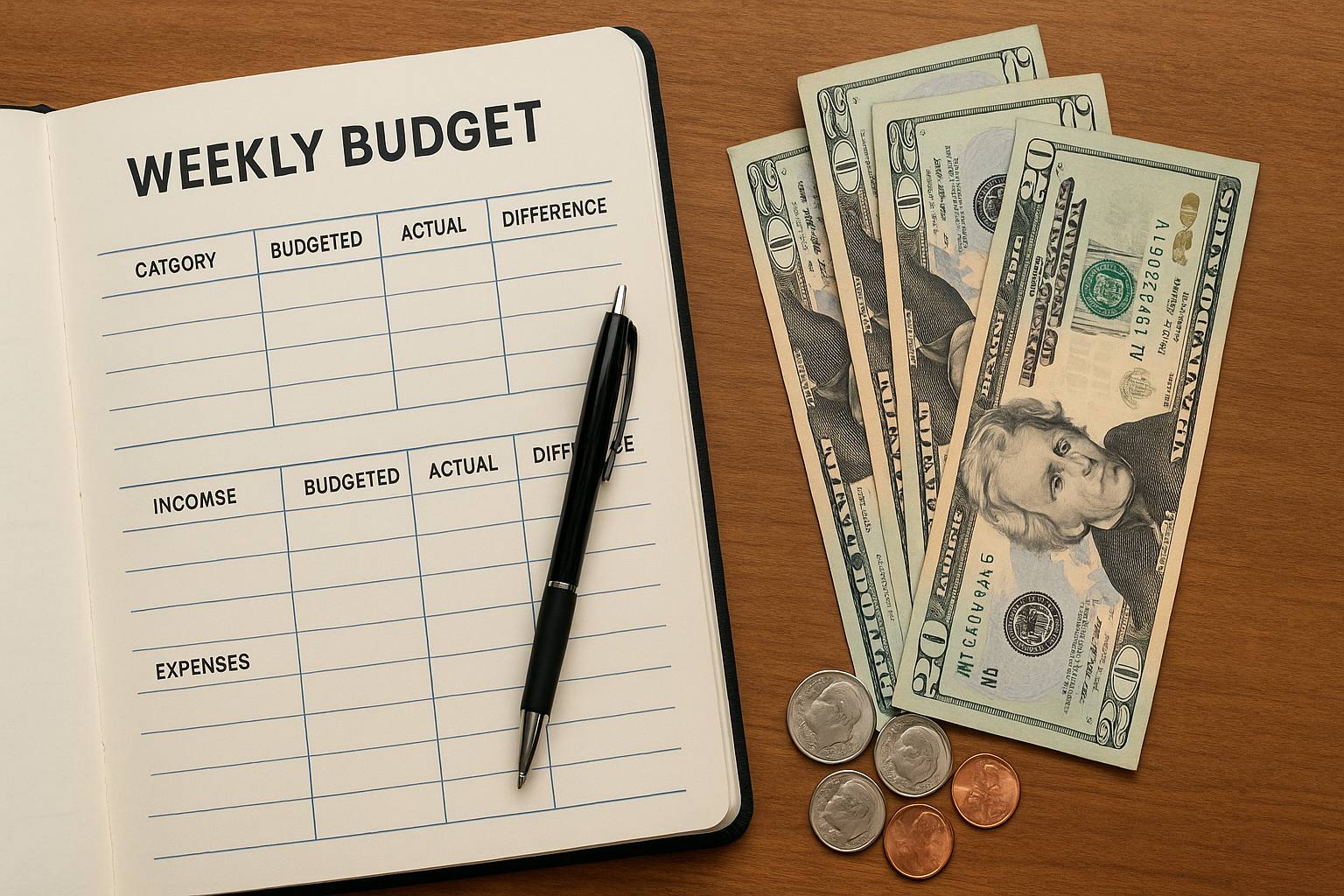7 Easy Budgeting Tips for Beginners to Save More Money Quickly
Starting your financial journey can feel overwhelming, but with the right easy budgeting tips for beginners, you can take control of your money and start saving more quickly. Budgeting doesn’t have to be complicated — it’s all about creating simple habits that fit your lifestyle and financial goals.
In this article, you will learn seven practical budgeting tips that beginners can apply right away to improve their money management skills and build savings faster.
Why Budgeting is Important for Beginners
Budgeting provides a clear roadmap for your finances. It helps you:
-
Understand how much money you have coming in and going out
-
Control overspending and avoid debt
-
Set and achieve financial goals, like saving for emergencies or paying off loans
For beginners, learning to budget means building confidence and developing healthy money habits that last a lifetime.
1. Track Your Income and Expenses
The first step in any budget is knowing exactly where your money comes from and where it goes. Track your income and expenses for at least a month using:
-
A simple notebook
-
A spreadsheet
-
Budgeting apps like Mint or You Need a Budget
Categorize your spending into essentials (rent, groceries), non-essentials (dining out, entertainment), and savings.
2. Use the 50/30/20 Budget Rule
The 50/30/20 rule is a popular, easy-to-follow budgeting method for beginners:
-
50% of your income goes to needs (housing, utilities, groceries)
-
30% to wants (dining out, hobbies)
-
20% to savings and debt repayment
Adjust these percentages to fit your financial goals, but this rule provides a solid starting point.
3. Automate Your Savings
Make saving effortless by automating transfers to a savings account each payday. Even small amounts add up over time and help prevent spending what you intend to save.
4. Cut Back on Non-Essential Spending
Identify areas where you can reduce spending without feeling deprived. Common places to cut back include:
-
Subscriptions and memberships you rarely use
-
Frequent dining out or takeout meals
-
Impulse purchases
5. Plan Your Meals and Grocery Shopping
Food can be a major expense, but meal planning helps reduce waste and saves money. Create weekly grocery lists based on your meal plan and stick to them.
6. Use Cash Envelopes for Variable Expenses
The cash envelope system helps control spending by allocating cash to different categories like groceries, entertainment, and transportation. Once the cash is gone, no more spending in that category for the month.
7. Review and Adjust Your Budget Monthly
Budgets aren’t set in stone. Review your spending and savings monthly, celebrate successes, and adjust as your financial situation changes.
Bonus Tips for Beginners to Save Money Faster
-
Look for discounts, coupons, and cashback offers when shopping.
-
Build an emergency fund to cover unexpected expenses.
-
Avoid carrying credit card debt by paying balances in full monthly.
Frequently Asked Questions
How often should beginners review their budget?
Monthly reviews are ideal to stay on track and make timely adjustments.
Can I budget if I have irregular income?
Yes, calculate an average income based on past months and budget conservatively to cover lower income months.
What tools help beginners budget easily?
Apps like Mint, YNAB (You Need a Budget), and EveryDollar are user-friendly and great for beginners.
Conclusion
Using these easy budgeting tips for beginners will help you build a strong financial foundation. Remember, budgeting is a skill that improves with practice. Start small, stay consistent, and watch your savings grow over time.




